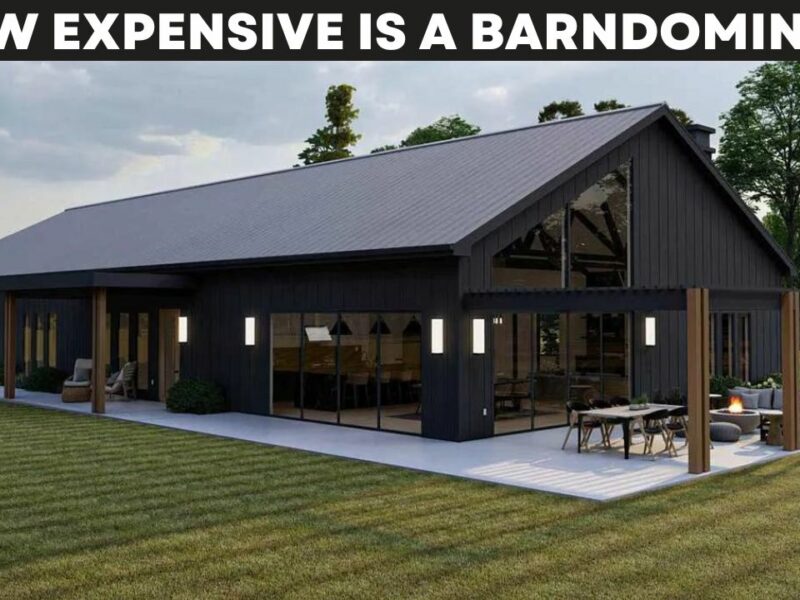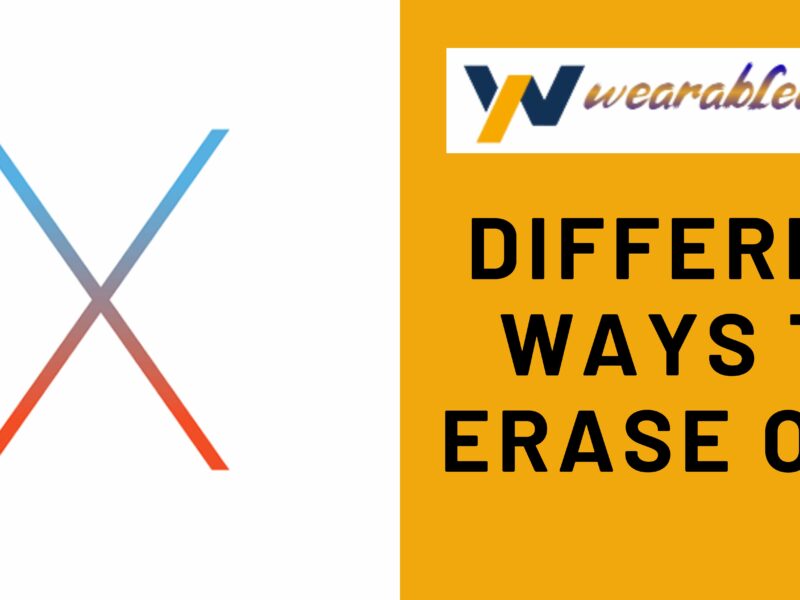When watching videos, it can be frustrating when the video starts and then buffers for a few seconds before starting to play. This is because the video player, VLC, is not optimized for streaming videos. To fix this, you can try the following tips.
How to Fix all Problem of VLC Player (Crashing, Lagging, Skipping)
VLC Buffering: Why It Happens and How to Fix It
VLC Buffering is not uncommon when watching or listening to video or audio content. When the user starts to play or view the content, VLC will start to buffer the content to prepare it for playback. Buffering can take a few seconds or a few minutes, depending on the size and complexity of the content.
In general, VLC can buffer most types of video and audio content. However, there are some types of content that VLC can’t buffer, or can only buffer partially. This is usually due to licensing restrictions or compatibility issues.
If VLC Buffering is causing problems, there are a few things that you can try to fix the issue.
First, make sure that the content that you’re trying to watch or listen to is compatible with VLC. If the content is not compatible, you may not be able to buffer it successfully.
Second, make sure that your computer is configured properly to playback video and audio content. If your computer isn’t properly configured, VLC may not be able to buffer the content successfully.
Finally, make sure that you’re using the latest version of VLC. The latest version of VLC can often fix compatibility issues and buffer more content successfully.
Top Ways to Fix VLC Buffering Issues
- Always use the most up-to-date codecs.
This one is pretty self-explanatory – if your computer is capable of playing back videos in a more recent codec, use it! This will usually mean using a codec that is included with the latest version of VLC, or finding a third-party codec that is compatible with your hardware.
2. Disable hardware acceleration.
Some hardware configurations may be able to play back videos more smoothly if hardware acceleration is disabled. This can be done by opening VLC’s Preferences screen, clicking on the Media tab, and unchecking the box next to “Use hardware acceleration when available.”
3. Disable Aero effects.
Some people have found that disabling Aero effects can improve video playback performance in VLC. To do this, open VLC’s Preferences screen and click on the Interface tab. Under the Appearance heading, uncheck the box next to “Enable Aero effects.”
4. Disable virus scanning.
Some people have found that disabling virus scanning can improve video playback performance in VLC. To do this, open VLC’s Preferences screen and click on the Security tab. Under the Security heading, uncheck the box next to “Scan for viruses.”
5. Clear VLC’s cache.
If none of the above tips work, you can try clearing VLC
How to Stop VLC Media Player from Buffering
If you’re like most people, you probably enjoy watching videos on your desktop or laptop computer. But did you know that if you use VLC media player, you could be wasting your time if your videos are taking too long to load.
VLC media player is a versatile and powerful program that can play just about any kind of file. But if your videos are taking a long time to load, that can be a problem. This is especially true if you’re using a slow Internet connection.
There are a few things you can do to try to speed up your videos. First, make sure you’re using the latest version of VLC. This will have been updated to include some new features that can speed up your videos.
Another thing you can do is try to use smaller video files. This will reduce the amount of data that needs to be transferred over the Internet.
And finally, you can try to buffer your videos. This means that VLC will wait until the next available frame before playing the next video. This can help to speed up your videos by reducing the amount of time that is needed to load each individual video.
Why Does VLC Buffer?
VLC is a very powerful and versatile media player. One of its many features is its ability to buffer media, meaning that it can hold a small amount of media so that it can play it without having to wait for it to arrive from the network. This can be useful for situations where you are waiting for a media file to finish downloading from the network, or for situations where you want to watch a media file while it is being played in another application.
Buffer size is a configurable parameter in VLC. Setting it to a low value (for example, 128 KiB) will cause VLC to buffer much more media than necessary, in order to save on network bandwidth. Setting it to a high value (for example, 10 MiB) will cause VLC to buffer very little media, in order to ensure that media is played as quickly as possible.
VLC Buffering: Solutions to Fix
VLC Buffering is an issue that can be caused by a variety of reasons. In most cases, VLC Buffering can be fixed by adjusting settings in the software. However, there are also a few tricks and techniques that can help speed up buffering in VLC.
First, if you are using a wired connection, try switching to a wireless network. This will likely improve your overall browsing experience because wireless networks are more efficient.
Second, make sure that your computer is not overloaded. Try to keep your computer’s RAM free by closing down unnecessary applications.
Third, try disabling graphics acceleration. This will disable features that may be causing VLC to buffer more often.
Fourth, try setting your video resolution to the minimum possible. This will reduce the amount of data that VLC needs to buffer.
Finally, make sure that your computer is properly configured and optimized for VLC. You can do this by disabling any unnecessary services or by running a performance benchmark.
Conclusion
Too many times, we see people complaining about how their VLC player is buffering, even when they’re using the most up-to-date version. This can be frustrating, especially when there’s nothing you can do about it. Here are some tips to help minimize buffering:
-Check your internet connection: If your internet is slow, your VLC player may be trying to load too many files at once. Try connecting to a faster internet service or using a different internet browser.
-Check your program settings: If you’re using a desktop computer, make sure your settings are optimized for VLC. Go to “Tools” and “Options.”
-Check your hardware: If your computer is



